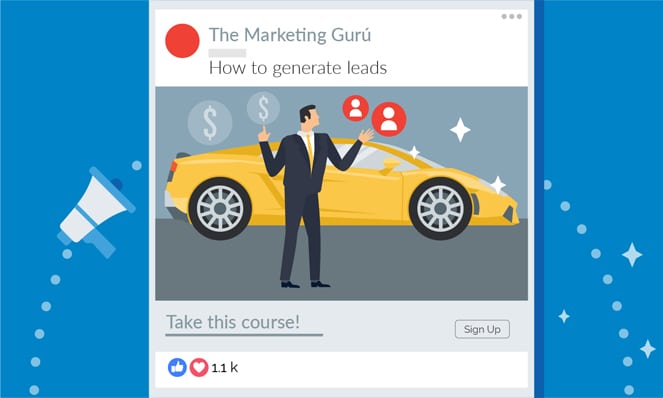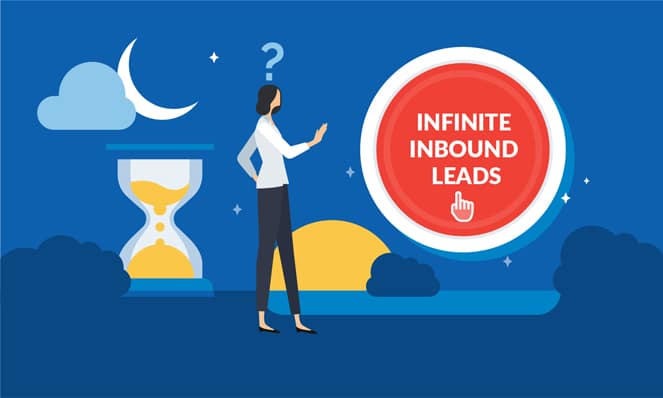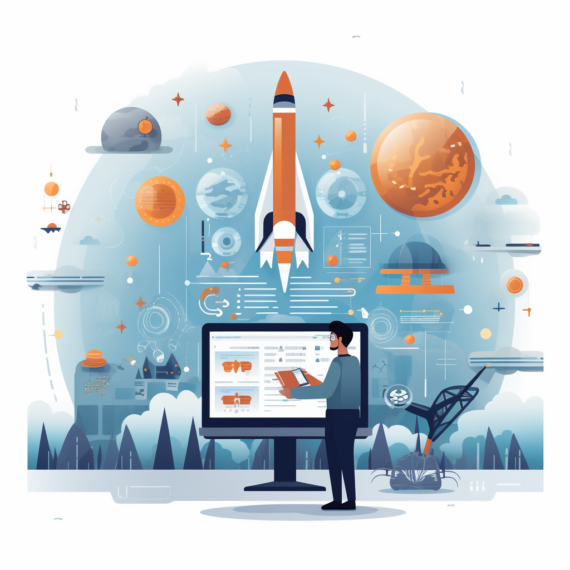What Is The Difference Between B2B And B2C Marketing?
Business-to – business marketing (B2B) varies from business-to – consumer marketing (B2C). And if you can sell a commodity to others, experience shows that the gap between these two markets is significant.
If you sell to a B2B, you know that businesses work hard to improve the purchase process in order to save time and money. It often explains why a purchase of B2B is more logically based and why a purchase of a consumer is often more emotionally based than B2C.
It is true that the cost of selling the B2B market can be more expensive than the B2C market. The easiest way to explain this is that a B2B transaction often takes more account of, involves more people, and requires more decision-makers. Clients of B2B often need to prove their return on investment for their purchase.
B2B (Business-to – Business) marketing is exactly what it sounds like. It involves a business whose primary customer is a different business rather than a consumer on a daily basis. While B2C (Business to Consumer) refers to companies that sell solutions, services or products directly to consumers. Their target customers are individual consumers who intend to purchase what they offer for their own personal use.
The following discuss the six primary differences of B2B and B2C marketing strategies:
- Target audience – Once it comes to target clients, the distinctions between B2C and B2B marketing are more prominent. B2B marketers are following key decision-makers within an organization. They don’t have to worry about anyone in the company or even the end user. B2C marketers, on the other hand, sell directly to consumers, not retailers or any other company in the supply chain.
- Logic vs. emotion – Telling original, exciting stories is one of the best ways in which brands care for customers. It is also a smart way to build loyalty from consumers and encourage a purchase. The marketing stories of the B2B and B2C marketers are different. All the rationality is selling B2B. Marketers need to share product / service experiences with decision taking people, their characteristics and how the company can benefit. For B2C marketing, the customer is most definitely involved in the abstract grand scheme of things. There is little or no emotional effect. As B2C marketers build their tales, they will talk in plain terms about the benefits and importance of the service and product. A dull story not long.
- Return on investment – B2B customers want to know the return on investment ( RoI) right away. They want to know your experience and how your product or service adds to the company’s productivity and profitability. As such, most B2B shopping is driven by financial rewards and the product / service logic. On the other hand, customers are more involved in culture, sales and other exciting aspects of the buying cycle. You would probably think more if you can earn a discount instead of if your product is durable.
- Content marketing – B2B customers (or decision makers) expect to be well treated and well catered for. They want to be educated so that they can make great decisions on behalf of their organizations, which is where content marketing comes in. B2C customers love content, too. They want something, however, that resonates well with them. They want content that “speaks” their language, not necessarily something to do with the product.
- Marketing costs – B2B marketing is usually a long process involving a long chain of command. After all, the decision-maker is often not a single person, which means that B2B marketers need to spend more money. While B2C customers usually make snappy, one-person decisions. It can save marketers a lot of time and money.




